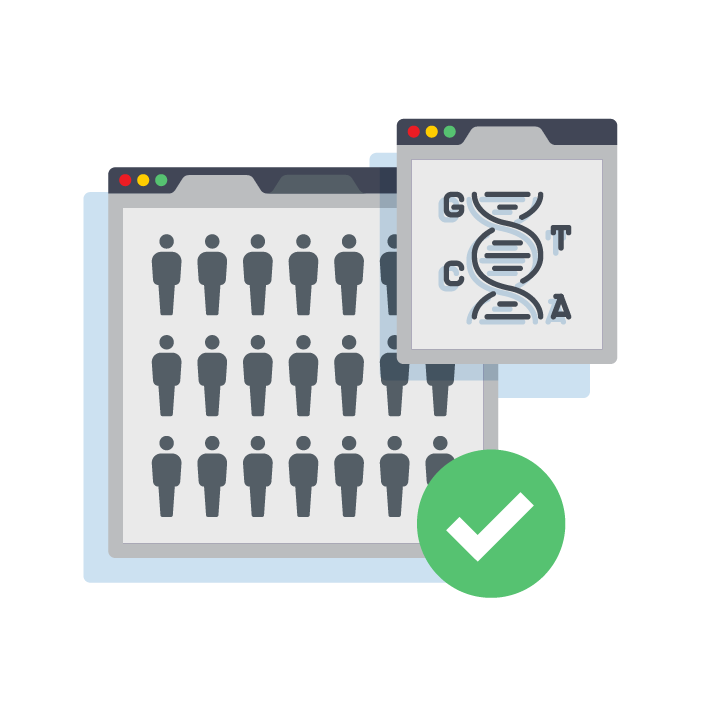Last Updated : March 6, 2023

Screening aims to detect the early signs of specific health condition or assess the likelihood of having specific health conditions among people who are otherwise asymptomatic. Many screening interventions, including those that use genetic testing, are often limited to specific subpopulations with certain risk factors based on age, family history, or other health behavioural or demographic factors. However, using stringent criteria for genetic screening can miss a substantial proportion of people who may have high-risk mutations.
Driven by the decreasing costs of sequencing, increased availability of testing, and ongoing development of better analysis algorithmics, screening using genetic testing could see further expansion over the next 5 years and become more widely available at a population level for people of all ages, reducing the need for stringent eligibility criteria.
Some emerging pilot studies and initiatives to watch include:
- The Newborn Genomes Programme by Genomics England aims to sequence 100,000 genomes of babies born in England starting in 2023. The pilot will screen for 200 actionable health conditions; that is, conditions for which there are existing treatments or interventions (an increase from the existing screening approach that identifies 9 conditions in the country) to inform the direct care of children. The program also aims to use deidentified data to further develop research about diagnostics and treatments.
- In Our DNA SC by the Medical University of South Carolina (Charleston, US) and Helix (US) is a community health project that aims to enrol 100,000 participants over 4 years to provide free genetic testing for Tier 1 health conditions (i.e., conditions defined by the Centers for Disease Control and Prevention as having significant potential for genetic testing).
Last Updated : March 6, 2023

